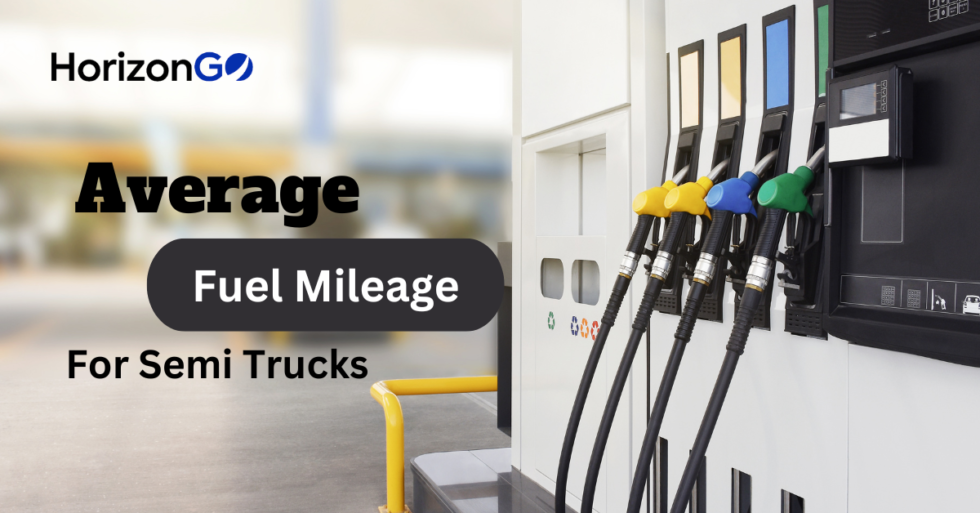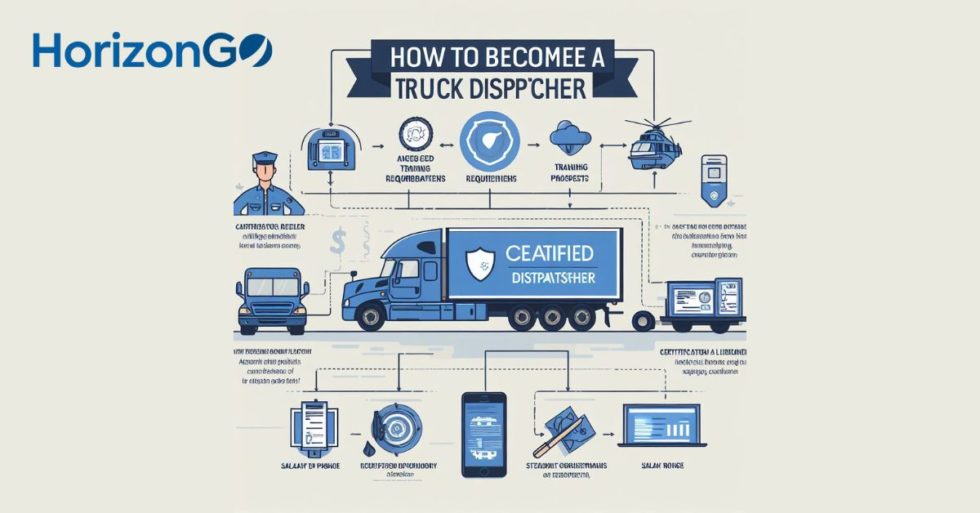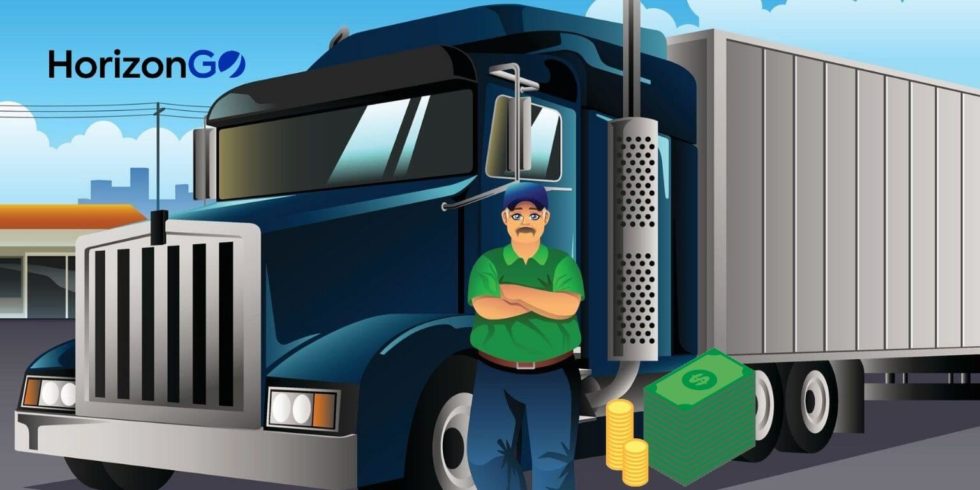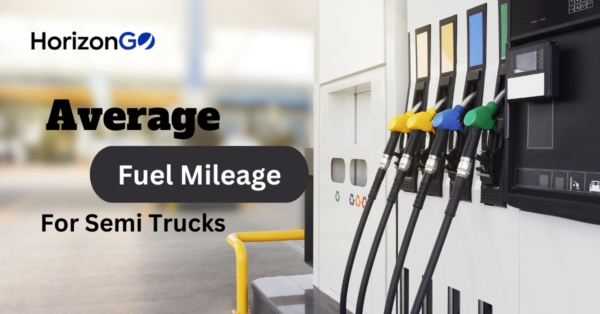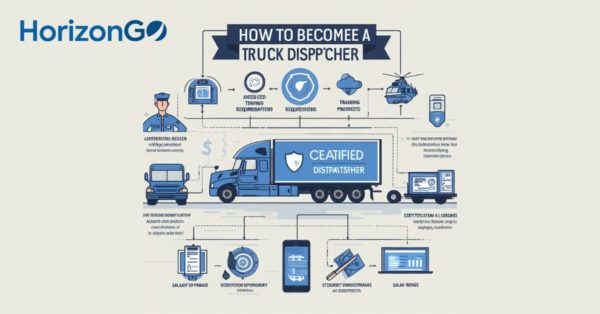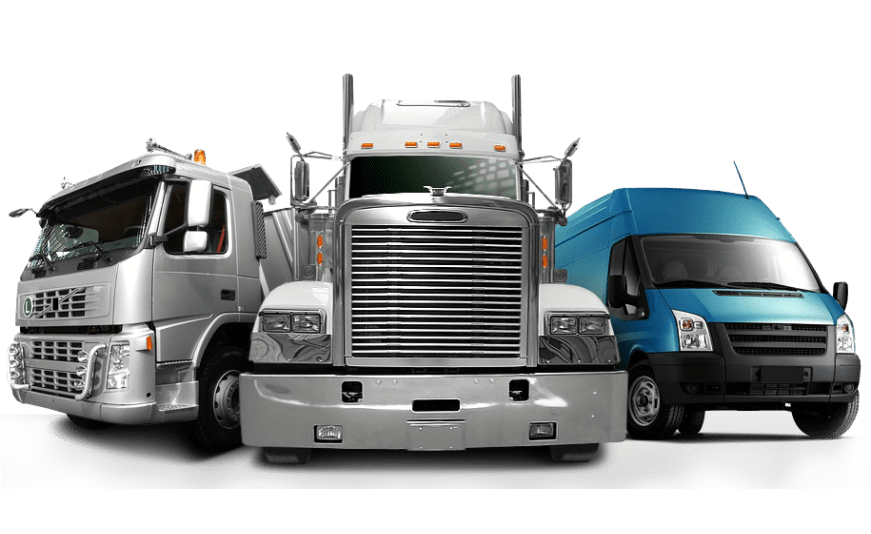Transportation Management System (TMS) is a data mining system that helps team members organize, deploy and promote fast business applications. Both incoming and departing, and ensuring that the shipping is compliant and that correct paperwork is accessible. This system is frequently adaptable into a more extensive supply chain (SCM) system.
Who Makes Use of a TMS?
- Manufacturers
- Commercial businesses
- Logistics service suppliers, like third-party and fourth-party logistics (3PL and 4PL) corporations and logistics service providers (LSPs)
A transportation management system market size is used by companies in practically every industry, from construction to life sciences. Businesses with annual freight expenditures of $100 million or over are the primary customers. But the accessibility of cloud transportation management system TMS solutions has made it more accessible for smaller businesses to realize the benefits of incorporating a transportation management system into their supply chain.
TMS’s services
Entrepreneurs can purchase an independent travel management system integrated with their existing company infrastructure plan (ERP) as well as supply chain management software (SCM), either open or in-house. Many TMS solutions have trading record features. OR You may use the global trade management (GTM) program to supplement your TMS. Other TMSs are accessible as components inside ERP and SCM suites and are often less feature-rich.
Plan, Execute, And optimize to ensure the Delivery on schedule
The Transportation Management System (TMS) can also help any business plan break down and upgrade faster.
Designing
A TMS assists a company in determining the appropriate method of shipping and operator affordability, effectiveness, and distance, as well as optimizing multi-leg carrier routes. TMS management system can give insights into every stage of production. Along with international trade management features. So, it can also provide knowledge on trade and tariffs and if any possible delays may develop due to customs and other trade rules.
Implementation
Software TMS transportation management system provides a wide range of executing functions, including load matching and communication with shippers, reporting and monitoring deliveries, and aiding with freight invoicing and payment.
Track and trace services are available in specific modern TMS systems, allowing actual data sharing between shippers, suppliers, warehouses, and users. Automated features may also manage international logistics, such as providing proper import and export documentation and ensuring that shipments are consistent with trade regulations.
Efficiency
The capacity to analyze and monitor progress using reports, dashboards, analytics, and transportation intelligence are standard TMS optimization capabilities.
Advantages of a TMS
The company benefits from TMS and modern travel management in general. Here are some of the key benefits of a travel management system:
- Cost savings for the company and the end customer
- Ease of installation process between region, type, and carriers
- Business operations automation for quicker, more accurate billing and documentation
- Visibility and security have improved, particularly in travel.
- Savings in timeless manual procedures mean fewer delays and shorter delivery dates.
- The ability to trace freight on a single platform, both locally and worldwide.
- Import and export compliance is improved, resulting in fewer penalties and delays in shipments.
- New business insights as enhanced reporting lead to faster response and process optimization
- The company’s capacity to grow by meeting and surpassing client needs for quick, on-time deliveries.
Advantages of a cloud-based TMS
Many of the same business benefits as other cloud systems are available with Better cloud-based travel management systems like HorizonGO. Including the total cost of ownership, no upgrade costs, and fast return on investment (ROI).
For IT, cloud-based TMS management systems offer other benefits such as faster deployment, fewer hours required for training and installation, automated upgrades and the latest features, and greater security.
TMS’s Prospects
Customers’ expectations continue to rise, not just for on-time shipments but also for two-day and even same-day delivery, with real-time information supplied across the delivery process. Supply chains are being forced to adapt to stay up with ever-changing global trade restrictions. It frequently needs to be invested in a transportation management system.
Transportation management systems must become more sophisticated and functional, allowing customers to receive faster replies and companies to receive more precise information. Transportation management system TMS software has become increasingly sophisticated due to machine learning, delivering better suggestions and more reliable forecasts.
Companies might integrate developing technology into their transportation and global trade management systems to increase visibility and customer service.
IoT fleet management
Real-time fleet monitoring, including in-transit visibility of driving conditions, routes, and assets, has become routine thanks to the Internet of things (IoT) devices and sensors. Transportation management system companies can save money on gasoline and maintenance while reducing delays and increasing driver safety.
Personal digital assistants
Chatbots are digital assistants who provide rapid, conversational replies to shipping information, improving customer satisfaction.
Machine learning and adaptive intelligence
Transportation management systems can better anticipate transit times, plan capacity, detect at-risk shipments (such as commodities that need to expire and cost and time or temperature-sensitive products), and more by machine learning ( ml) to past data and patterns. Your TMS will make more accurate and educated recommendations, such as alternate delivery routes during peak traffic hours.
Blockchain
Shipping and inspections and intelligent search provide insight and traceability across your entire supply while ensuring accurate and protected data.
Management of the Cold chain
Cold chain management is another blockchain option accessible in transportation system management operations. It is essential when different temperatures must be maintained at different checkpoints along the supply chain.
Perishable or temperature-sensitive goods and products. For example, may need to be kept cold in the truck but at a slightly warmer temperature on store shelves. Moreover, you can monitor the temperature throughout the supply chain via cold chain management, with real-time data sent to the business and regulators in the nation of origin.
Frequently Asked Question
What is a TMS system?
TMS stands for Transportation Management System. A transportation management system, or “TMS,” is a software application that aims to make the transportation process more efficient. Furthermore, it’s a component of supply chain management that deals with transportation. Logistics companies may use a TMS to manage their procedures and get essential insights to save time and money on future shipments.
Distributor firms, transportation corporations, and everyone else who transports freight daily understand that the transportation process has many moving components, both literally and metaphorically. From bidding through delivery, those who move freight are generally constantly searching for ways to save costs and enhance operations.
Organizations might opt to integrate developing technology into their transportation software logistics management system to increase visibility and customer service.
What does a transportation management system do?
A transportation management system (TMS), often known as transportation management software or solution, offers visibility into daily transportation operations, trade compliance information, and paperwork, and ensures the timely delivery of freight and commodities. Software transportation management systems also make it easier for organizations to manage and improve their transportation operations, whether by land, air, or sea.
Why is a transportation management system necessary?
Transportation management system software is vital in distribution networks, impacting each step from development to purchasing to shipping and system integration. A robust system’s broad and deep visibility allows for more effective transportation implementation and scheduling. It leads to improved user satisfaction.
As a result, more revenues are generated, allowing firms to expand. For such a constant international trading world in which we live and deal. But, It’s critical to get a system to help you negotiate complex trade rules and compliance processes.


